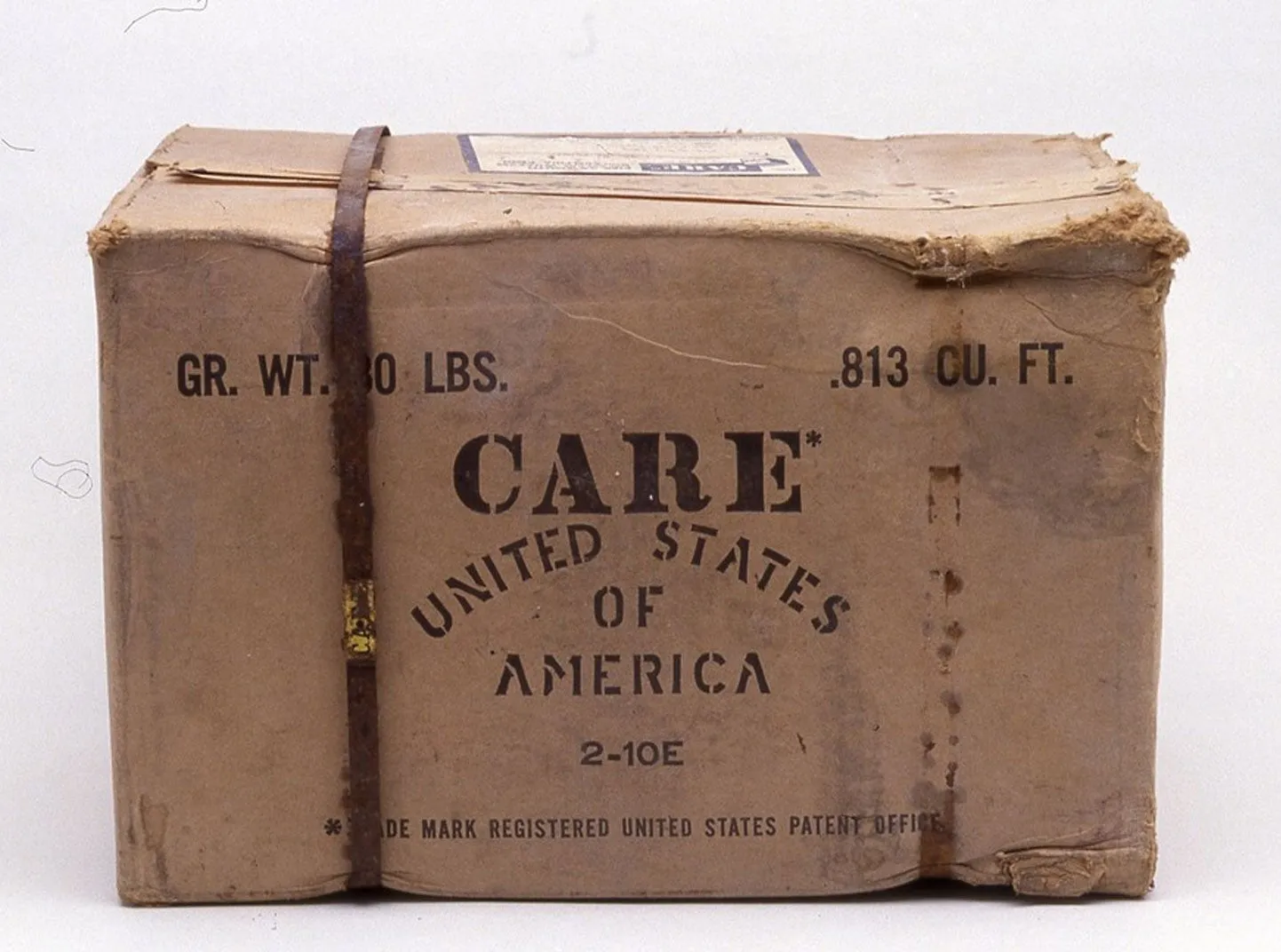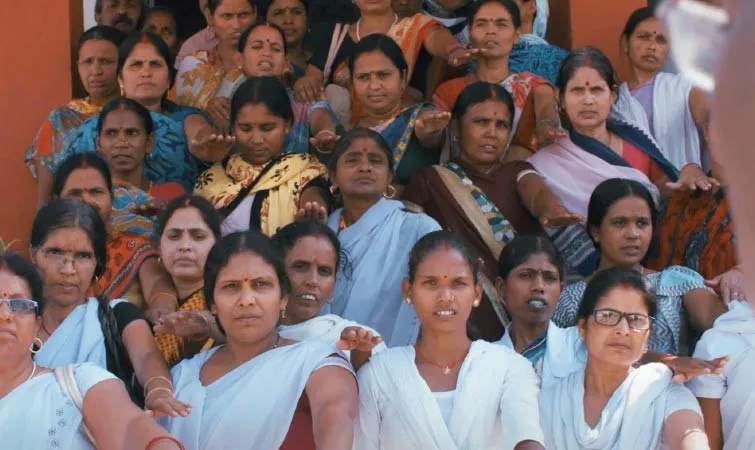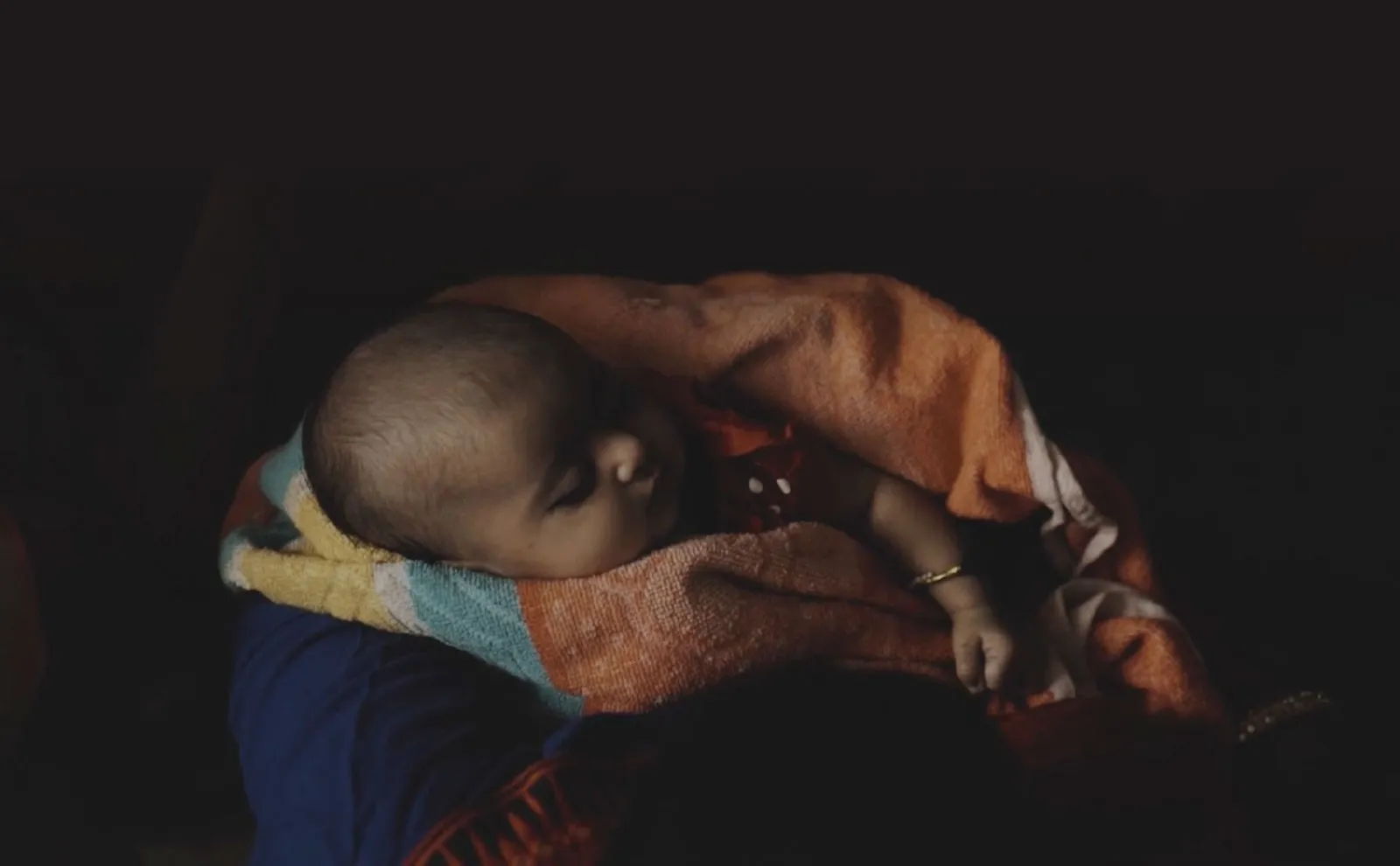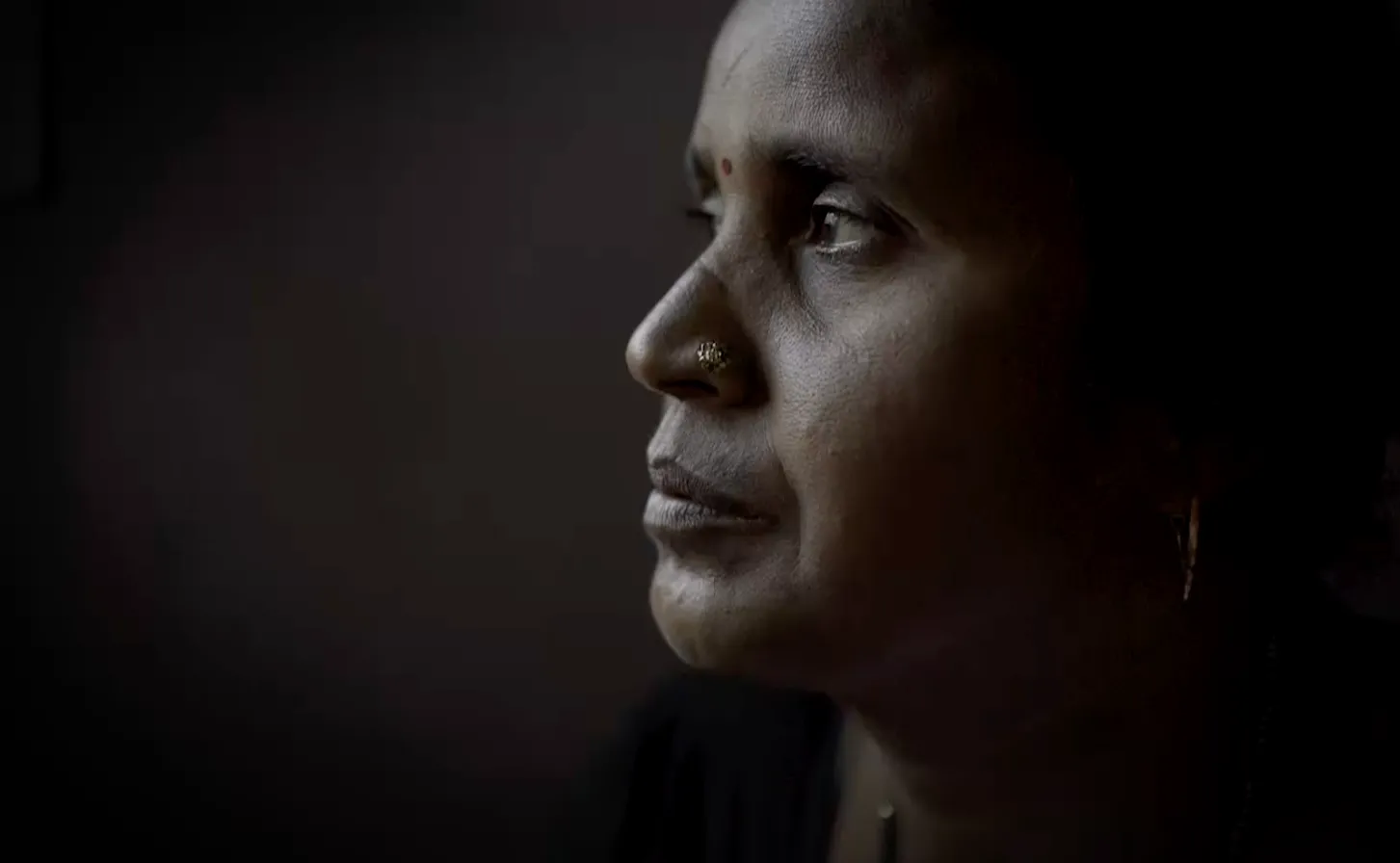Improvements made to the health system have also increased use. In 2005, public health facilities had a client load of 39 people per facility per month. In 2018, that figure was about 10,000 people per facility per month.
Bringing health services to “the last mile”
Frontline health workers form the backbone of the public health system in India, like they do in many low-income countries. With long distances between health centers, poor road conditions, and limited transportation options, people living in rural and remote areas of Bihar have little access to facility-based health services. Frontline workers work hard and walk miles each day to provide in-home counseling, health and hygiene education along with basic maternal, newborn and child health and nutrition services to families in need. Properly trained, supported, and valued, they have the potential to save millions of lives.



